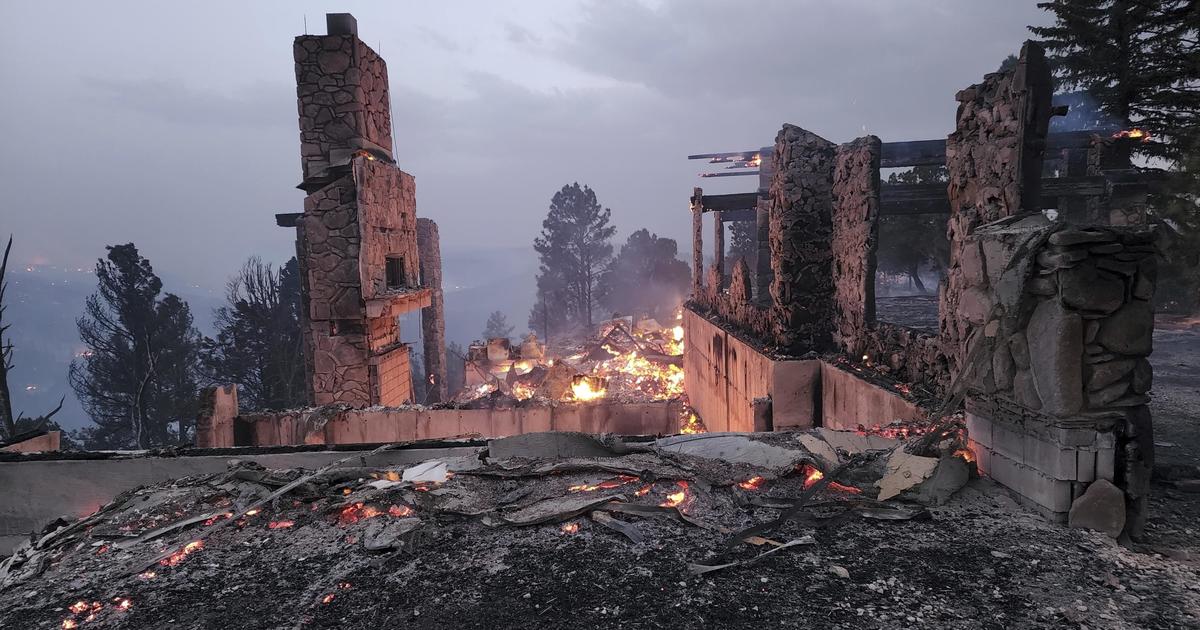
Homes in parts of the U.S. are "essentially uninsurable" due to rising climate change risks
CBSN
Millions of American homeowners like Mary Morse find themselves stuck in a financial bind, facing mounting risks from wildfires and floods linked to climate change while their home insurance rates rocket upwards. Increasingly, the crowning blow comes when insurers withdraw coverage, leaving individuals and even entire communities vulnerable.
"I got a letter from my insurance company that said, 'We're not going to serve your area anymore'," Morse, 75, told CBS News about her Pine Cove, California, home. "I even sent [the insurance agent] a picture of my fire hydrant. It didn't help."
The growing risk of wildfire means that some parts of California are becoming "essentially 'uninsurable'," according to a new analysis from the First Street Foundation, a non-profit that studies climate risks, shared first with CBS News. The research has alarming implications for homeowners across the U.S., with even residents of inland states such as Kentucky, South Dakota and West Virginia facing sharply higher insurance costs because of increased damage from extreme weather that experts attribute in part to climate change.

Robert Morris, founding pastor of Gateway Church, a megachurch in Southlake, Texas, has been indicted on five counts of lewd or indecent acts with a child, stemming from alleged incidents dating back to the 1980s, the Oklahoma attorney general's office announced Wednesday. We are aware of the actions being taken by the legal authorities in Oklahoma and are grateful for the work of the justice system in holding abusers accountable for their actions. We continue to pray for Cindy Clemishire and her family, for the members and staff of Gateway Church, and for all of those impacted by this terrible situation.












